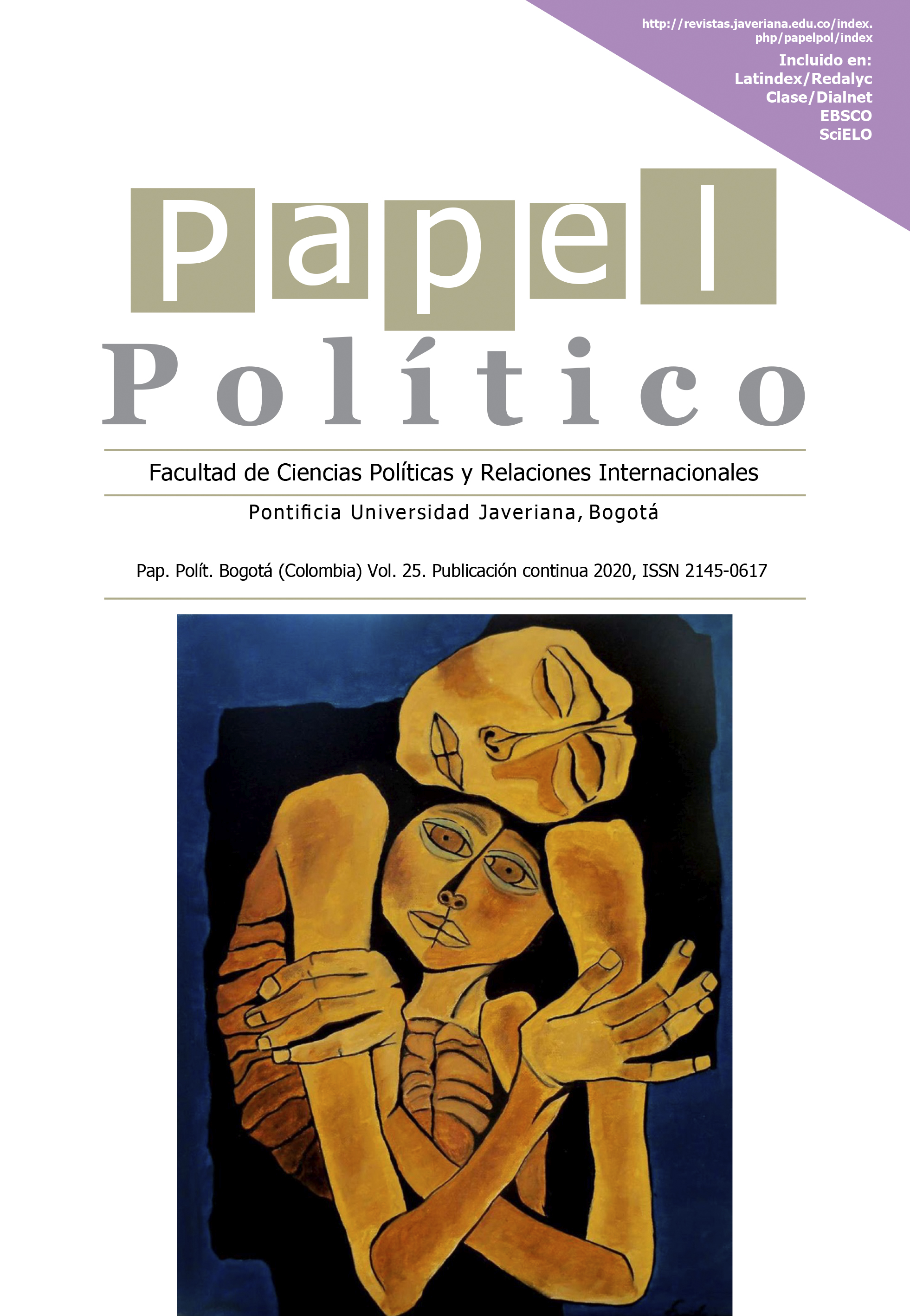Resumo
Peace agreements are complex endeavours that can be carried out from different angles. The perspectives used depend not only on the conflict dynamics but also on the political ideology of each government and that of the international forces that have their own interests concerning the pursuit of peacebuilding in conflict zones. The framework used in each peace agreement has an impact on the different stages of the process, including exploration, negotiation, the final agreement and its implementation. This paper analyses three peace processes implemented by the Colombian government and armed groups from 1982 to 2016. I use three Peace and Conflict Studies (PACS) theories to analyze the structure used in each peace process that include realism, democratic-liberal peace, and conflict resolution theories. I conclude that only the most recent peace agreement which ended in 2016 between FARC-EP and the Colombian government incorporated significant elements from the conflict resolution framework, the other two processes fluctuate between realism and the democratic-liberal peace.

Este trabalho está licenciado sob uma licença Creative Commons Attribution 4.0 International License.
Copyright (c) 2022 Leonardo Rafael Luna Eslava


